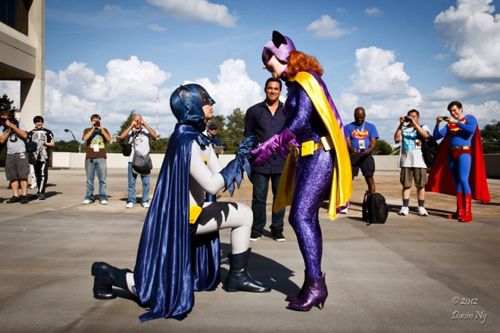By TOM HAYS
An American success story of an immigrant from
Kazakhstan who made millions off his Texas export firm took a Cold War-era turn on Wednesday when
U.S. authorities accused him of being a secret agent who's been stealing
military technology for the Russian military.
Alexander Fishenko
was among 11 defendants named in a federal indictment filed in Brooklyn
charging them in an alleged scheme to purposely evade strict export
controls for cutting-edge microelectronics. It also charges Fishenko with money laundering and operating inside the United States as an unregistered agent of the Russian government.
Fishenko, a naturalized U.S. citizen and owner of Houston-based Arc Electronics Inc., and seven others were in custody in Houston following raids there by the FBI. He was expected to make his first court appearance on Thursday.
The
name of Fishenko's attorney was not immediately available. His wife,
Viktoria, who was identified as a co-owner of her husband's business but
not charged, declined to comment Wednesday.
"I will speak when I know what's going on," she said.
The
indictment alleges that since October 2008, the 46-year-old Fishenko
and his co-defendants "engaged in a surreptitious and systematic
conspiracy" to obtain the highly regulated technology from U.S. makers
and export them to Russia.
U.S.
authorities say the microelectronics could have a wide range of
military uses, including radar and surveillance systems, weapons
guidance systems and detonation triggers. They also say the charges come
amid a modernization campaign by Russian military officials hungry for the restricted, American-made components.
"The
defendants tried to take advantage of America's free markets to steal
American technologies for the Russian government," Loretta Lynch, U.S.
attorney in Brooklyn, said in a statement.
Stephen L. Morris, head
of the FBI office in Houston, called the charges an example of how some
countries have sought to bypass export safeguards "to improve their
defense capabilities and to modernize weapons systems at the expense of
U.S. taxpayers."
According to court papers, Fishenko was born in
the former Soviet Republic of Kazakhstan and graduated from a technical
institute in St. Petersburg before coming to America in 1994. He holds
U.S. and Russian passports and has frequently traveled overseas to do
business, making tens of millions of dollars on exports, authorities
said.
An analysis of Arc's
accounting records showed a "striking similarity between fluctuations in
Arc's gross revenues and the Russian Federation's defense spending over
the last several years," the court papers say. Investigators also
recovered a letter to Arc from a Russian domestic intelligence agency
lab complaining that microchips supplied by the company were defective,
the papers add.
Phone calls and emails intercepted by U.S.
investigators also "constitute devastating evidence of Fishenko's
illegal procurement for the Russian government," the court papers say.
Prosecutors
said the evidence revealed repeated attempts by Fishenko to cover his
tracks. In one instance in March, he "directed an employee of a Russian
procurement firm to 'make sure that our guys don't discuss extra
information, such as this is for our military client,'" the papers say.
In
an earlier conversation, Fishenko favorably referred to a business
associate using "a Russian colloquialism for 'spy' or 'secret agent,'"
the papers add.
About a dozen
FBI agents in Houston executed a search warrant on Wednesday at
Fishenko's firm, an unmarked business located in an industrial area in
southwest Houston. They took at least 18 cardboard boxes of materials
from inside the business to a large truck parked in an alley in the back
of the business.
Under sentencing guidelines, Fishenko faces more than 12 years in prison if convicted on all charges.



 Obama
edges Romney by three points among likely voters, 49 percent to 46
percent, which is within the survey’s margin of error. Obama’s lead was
five points, 50 percent to 45 percent, in the NBC/WSJ poll released two
weeks ago, following the political conventions.
Obama
edges Romney by three points among likely voters, 49 percent to 46
percent, which is within the survey’s margin of error. Obama’s lead was
five points, 50 percent to 45 percent, in the NBC/WSJ poll released two
weeks ago, following the political conventions.


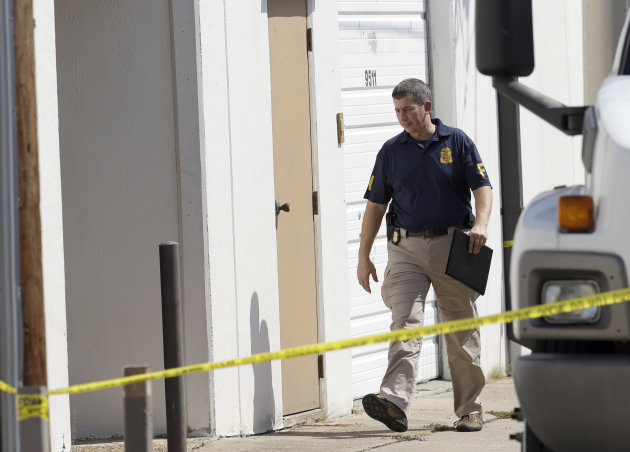
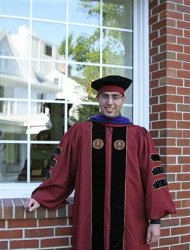
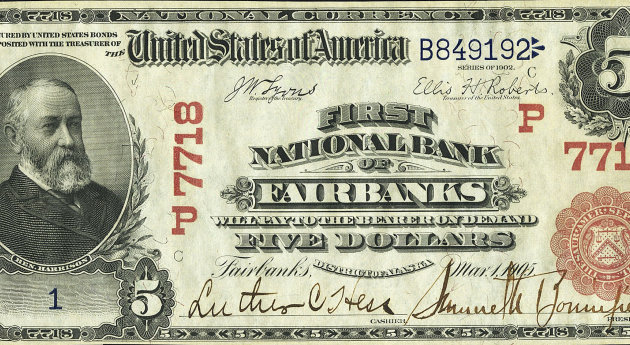
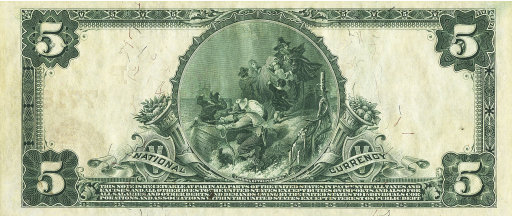
 Astronomers
have discovered a new comet that should be visible from Earth in 2013,
and shine even brighter than a full moon at its peak!
Astronomers
have discovered a new comet that should be visible from Earth in 2013,
and shine even brighter than a full moon at its peak!



